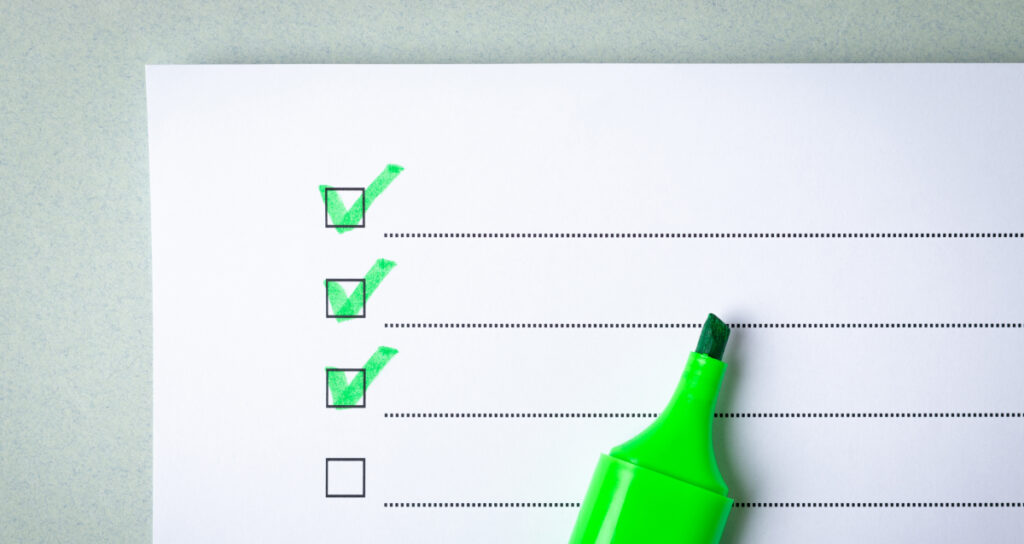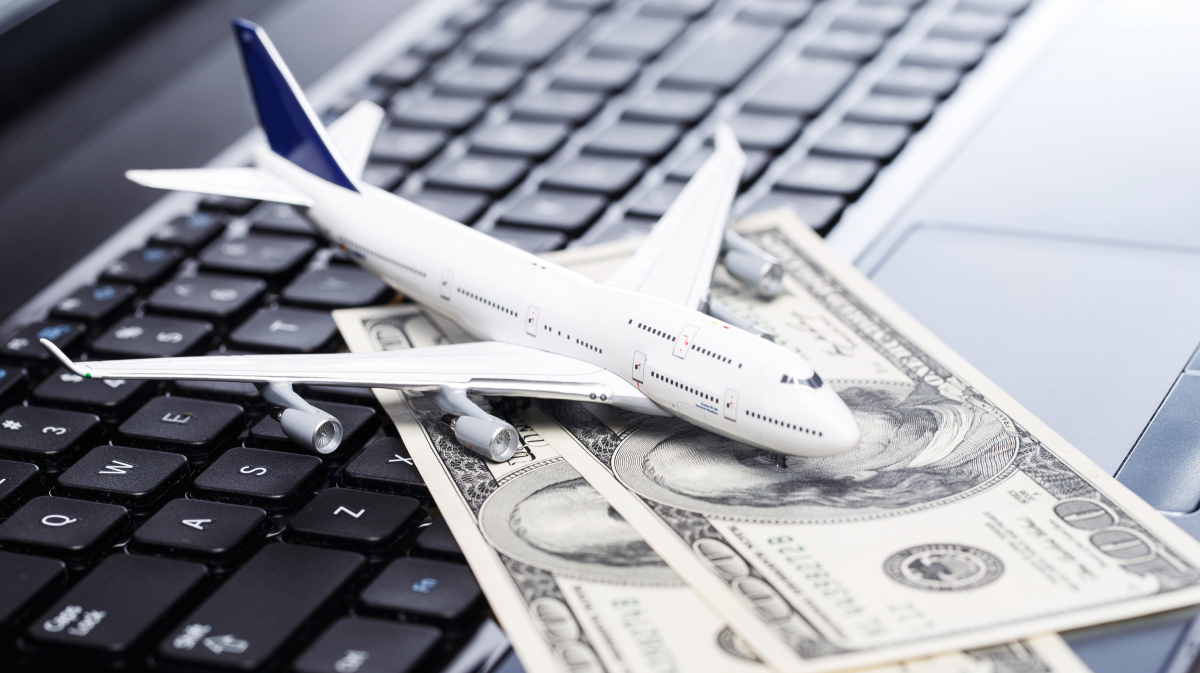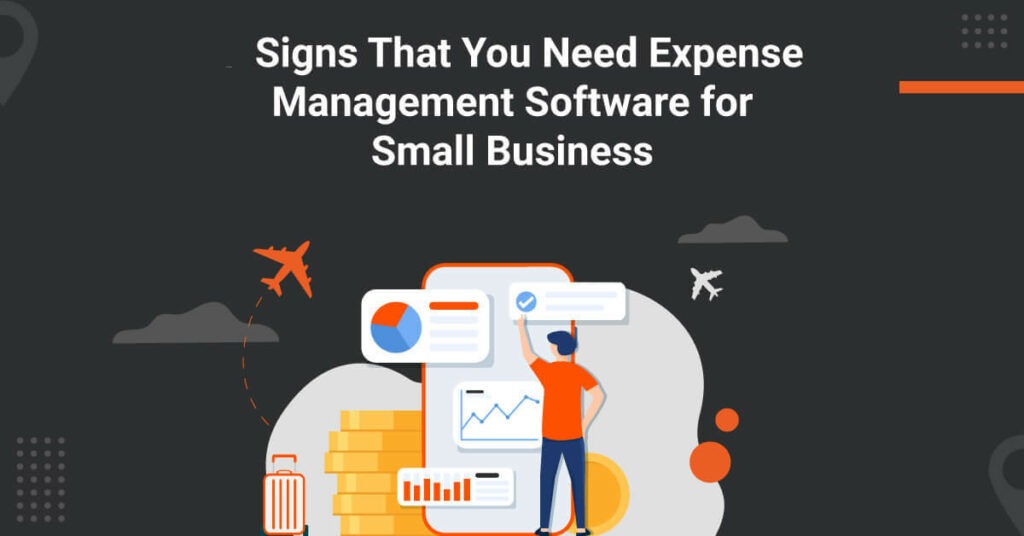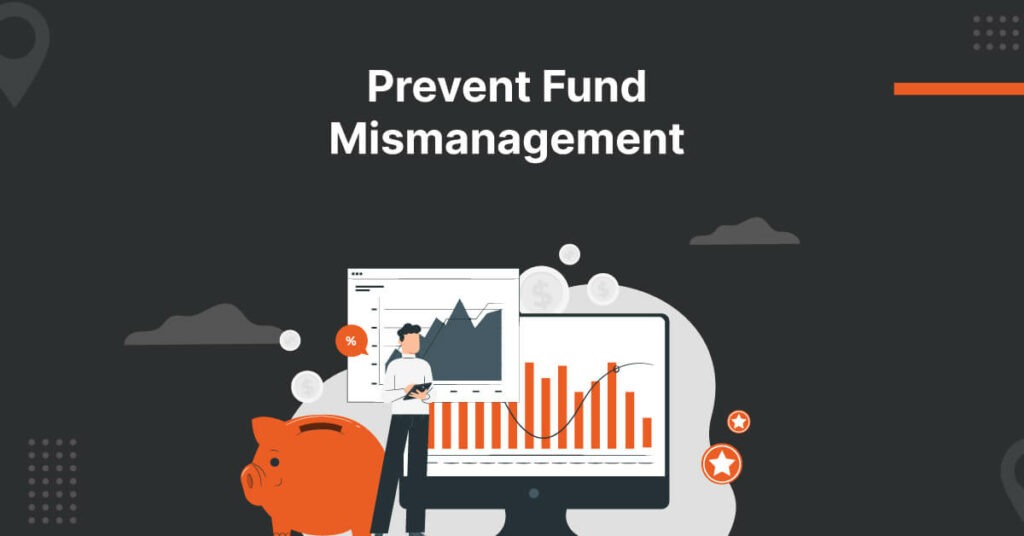
Business travel is an integral part of corporate life, enabling professionals to forge new partnerships, attend conferences, and contribute to the growth of their companies. However, with the privilege of corporate travel comes the responsibility of managing expenses efficiently.
A comprehensive expense reimbursement checklist becomes indispensable to streamline this process and ensure that corporate travelers in the U.S. are appropriately reimbursed.
All these expense categories play a vital role in corporate travelers’ overall expense management process. Detailed documentation and adherence to company policies are key to ensuring accurate reimbursement and maintaining transparency in financial transactions related to business travel. By understanding the nuances of each category and ticking items off the expense reimbursement checklist, travelers can navigate the reimbursement process more effectively.
In this blog post, we’ll outline a thorough expense reimbursement checklist that covers various aspects of business-related expenses.
What is Expense Reimbursement?
Expense reimbursement refers to the process through which individuals, typically employees, are compensated for out-of-pocket expenses incurred while performing job-related tasks or conducting business on behalf of their employer. These expenses can include a wide range of costs, such as travel, meals, accommodation, transportation, communication, and other necessary expenditures directly related to work responsibilities.
Key elements of expense reimbursement include:
- Out-of-Pocket Expenses: Employees often use personal funds to cover various business-related costs. These expenses may be incurred during business trips, client meetings, conferences, or other work-related activities.
- Documentation: Employees must provide proper documentation and receipts for the incurred expenses to claim reimbursement. This documentation indicates that the expenses were legitimate, necessary, and directly related to business activities.
- Company Policies: Most organizations have established expense reimbursement policies outlining the types of expenses eligible for reimbursement, the documentation required, spending limits, and any specific rules or guidelines. Employees are expected to adhere to these policies when submitting reimbursement requests.
- Expense Report: Reimbursement is typically requested by submitting an expense report using an expense reimbursement template. This report itemizes the incurred expenses, details each expense, and includes supporting documentation such as receipts.
- Approval Process: Expense reports often require supervisors, managers, or the finance department approval before reimbursement is processed. This ensures that the expenses comply with company policies and guidelines.
- Reimbursement Methods: Employees are reimbursed for their out-of-pocket expenditures once the expenses are approved. Reimbursement can take various forms, including direct deposit, checks, or other methods specified by the company.
- Tax Implications: In some cases, reimbursed expenses may have tax implications for the employee and the employer. It’s essential for individuals to be aware of tax regulations related to expense reimbursement and for companies to provide accurate and compliant information.
Expense reimbursement is a standard practice in many businesses and industries, helping to ensure that employees are not financially burdened by business-related costs. It also encourages responsible spending and helps companies maintain transparency and control over expenses. A well-structured expense reimbursement template benefits both employees and employers.
The Ultimate Expense Reimbursement Checklist
Most companies have an expense reimbursement template. In case yours doesn’t, this is a comprehensive expense reimbursement checklist you can follow:
1. Travel Itinerary:
A travel itinerary is a detailed plan that outlines the schedule of a trip, including transportation arrangements, accommodation reservations, and other relevant details. For corporate travelers, this involves collecting and organizing essential documents such as flight details, hotel reservations, and rental car information. Boarding passes, airline confirmations, and receipts for each leg of the journey contribute to a complete travel itinerary.
2. Transportation Expenses:
Transportation expenses cover moving from one place to another during a business trip. For corporate travelers, this often includes rental car expenses, taxi or rideshare fares, and any parking fees or tolls incurred. Rental car expenses encompass the daily rental rate and fuel charges.
3. Accommodation Expenses:
Accommodation expenses are an essential part of the expense reimbursement checklist. They pertain to the costs incurred for staying overnight during a business trip. This primarily involves hotel charges, including the room rate and taxes. Incidental expenses such as room service, mini-bar purchases, and Wi-Fi charges may also contribute to the overall accommodation expenses.
4. Meals and Per Diem:
Meals and per diem expenses are related to food and sustenance during the business travel period. Corporate travelers should retain receipts for all meals, including breakfast, lunch, and dinner. Per diem, on the other hand, is a daily allowance provided by the company to cover meals and incidental expenses. If your company utilizes a per diem system, adhering to the specified allowance and documenting expenses accordingly is crucial. Both approaches require clear documentation to validate the necessity and cost of meals incurred during the trip.
5. Communication Expenses:
Communication expenses encompass the costs of staying connected while on a business trip. This includes mobile phone bills, particularly highlighting business-related calls made during the journey. Additionally, these expenses should be documented if the traveler incurs internet charges at their accommodation for work-related purposes.
6. Conference or Event Expenses:
Specific expenses are associated with participation for corporate travelers attending conferences, workshops, or events. This includes registration fees for the event and any additional costs related to workshops, seminars, or materials purchased during the event.
7. Currency Exchange and ATM Fees:
For international business travel, dealing with different currencies is inevitable. Currency exchange expenses involve converting money from one currency to another, and retaining receipts for these transactions is essential. Additionally, there may be withdrawal fees and currency conversion charges when using ATMs abroad.
How Itilite Revolutionizes Expense Reimbursement?
Itilite revolutionizes expense reimbursement by introducing a streamlined and automated approach. Leveraging cutting-edge technology, itilite simplifies the entire process, from expense submission to reimbursement.
Its user-friendly interface allows employees to easily capture and submit receipts, while managers benefit from real-time visibility into expenses. The corporate travel management platform intelligently aligns with company policies, ensuring compliance and reducing errors. With itilite, approvals are expedited, and reimbursements are processed swiftly, enhancing overall efficiency.
This revolution in expense management saves time, reduces administrative burdens, and enhances transparency in financial processes.













